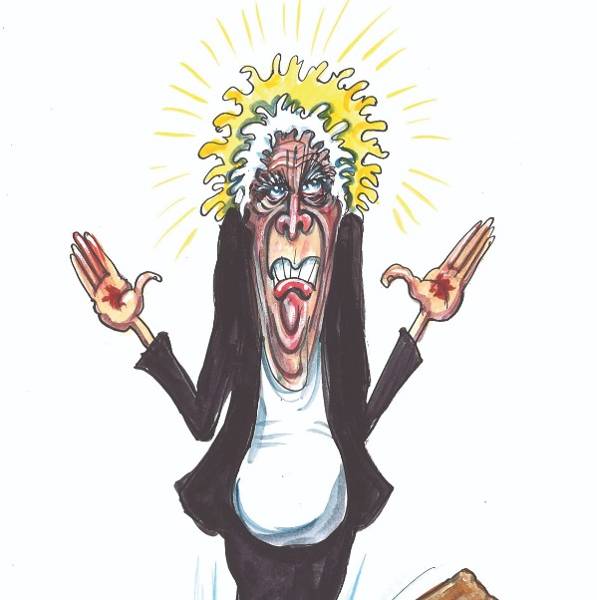What does it mean to be British, and how important is religion to that national identity? It’s a question that has been hotly debated in the UK over the last few months. The Prime Minister David Cameron caused controversy over Easter when he said that Britain is a “Christian country”. The former Archbishop Rowan Williams bowed in to say that Britain was, in fact, “post-Christian”.
His views seem to be borne out by the annual British Social Attitudes Survey, which was released today. The survey, which has run for the last 31 years, spoke to 3000 people to put together a picture of Britishness. Much of the media coverage of the report has focused on its findings about attitudes to immigration and immigrants. However, it also found that just 24 per cent of respondents saw Christianity as a defining feature of being British. The survey’s website says:
“Despite Prime Minister David Cameron’s assertions that the UK is a “Christian country”, being Christian is only seen as an important element of Britishness by a minority, and a shrinking one at that – down from 32 per cent in 1995 to 24 per cent now. This no doubt reflects the wider decline in religious belonging in the UK over the period.”
The 2013 census found that 59 per cent of UK citizens defined themselves as British – a decline of 13 per cent in a decade – so perhaps the latest finding is unsurprising.
As the New Humanist’s editor Daniel Trilling noted in April:
"Yes, we have an established Church. Yes, Bishops get to sit in the House of Lords and vote on laws that affect every UK citizen, regardless of our belief. Yes, it would be better - in my view, for religious and non-religious alike - if the UK were a truly secular state. But a citizen who follows a religion other than Christianity, or no religion at all, has no less right to live their life here. What's more, all the statistical evidence points to a growing number of people who identify as non-religious - this is not the result of "militant secularists", but of free choice."

